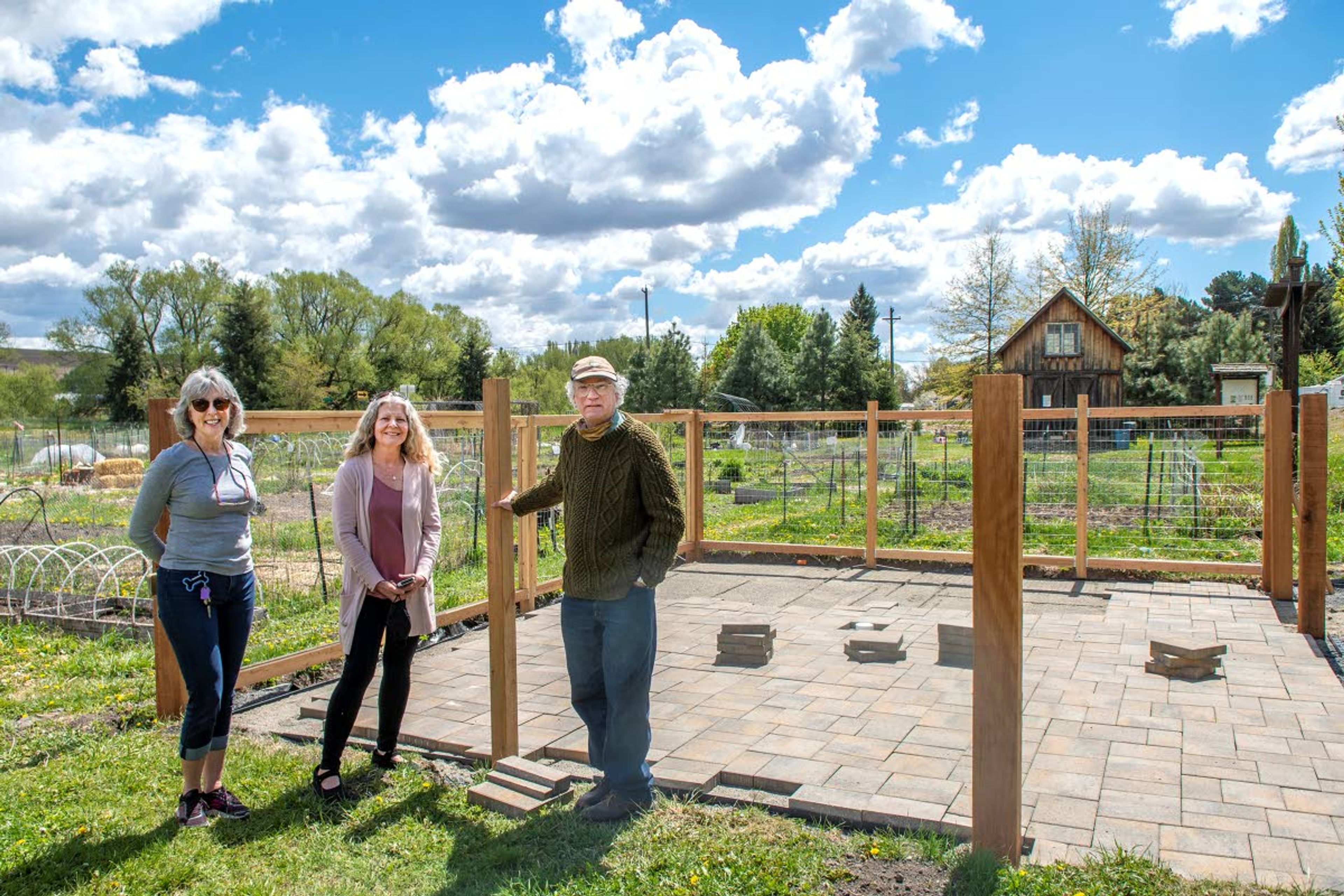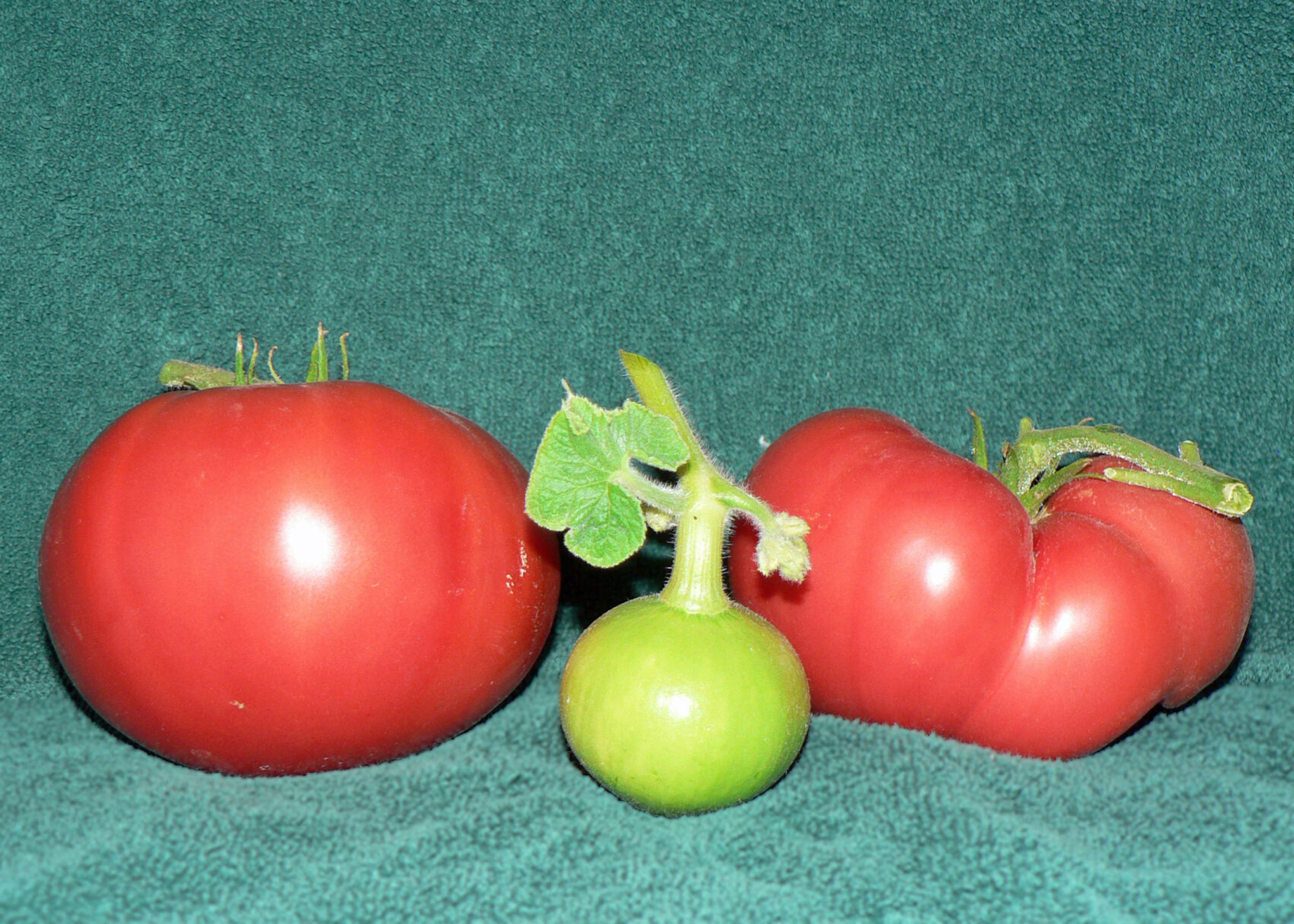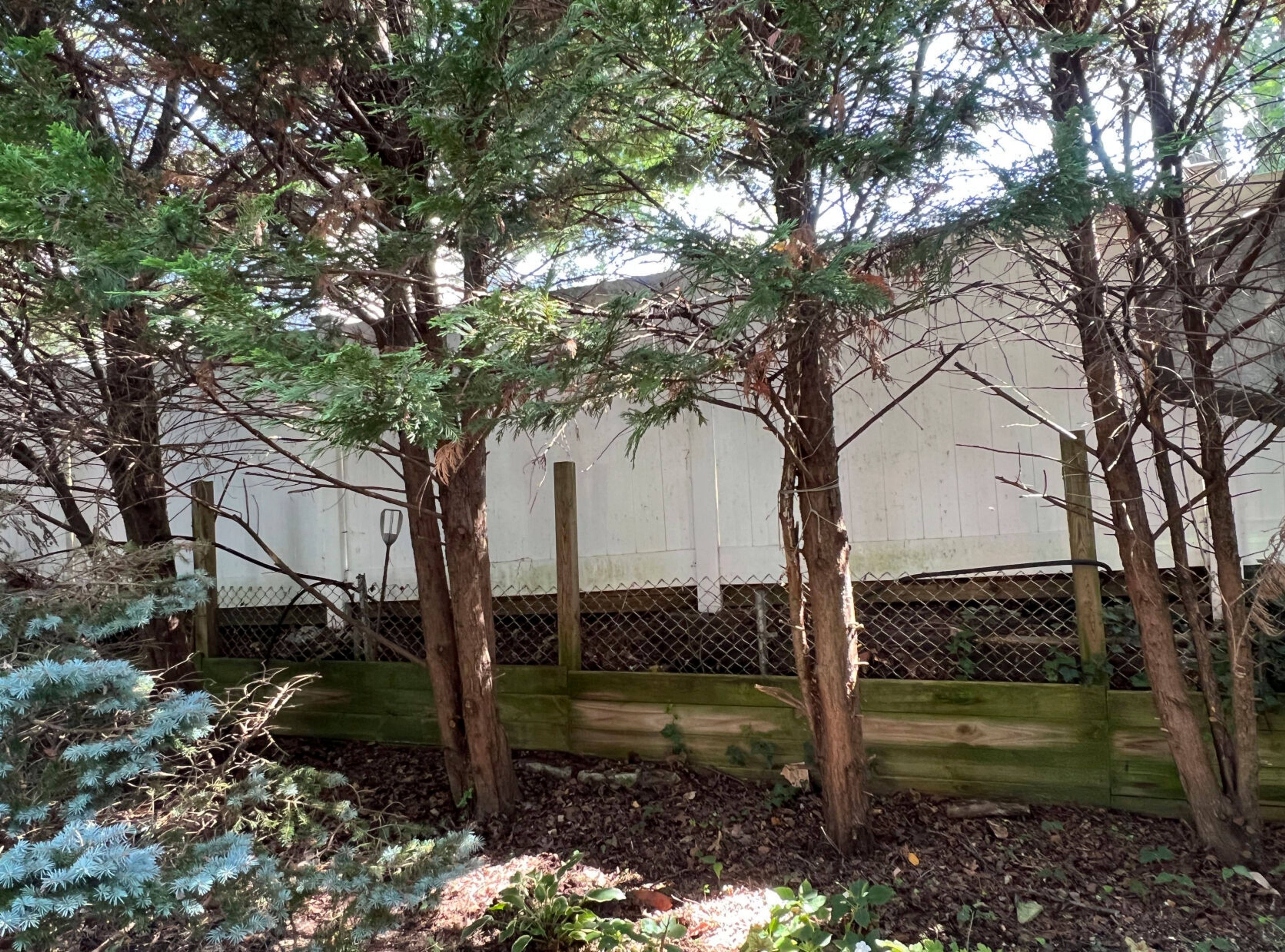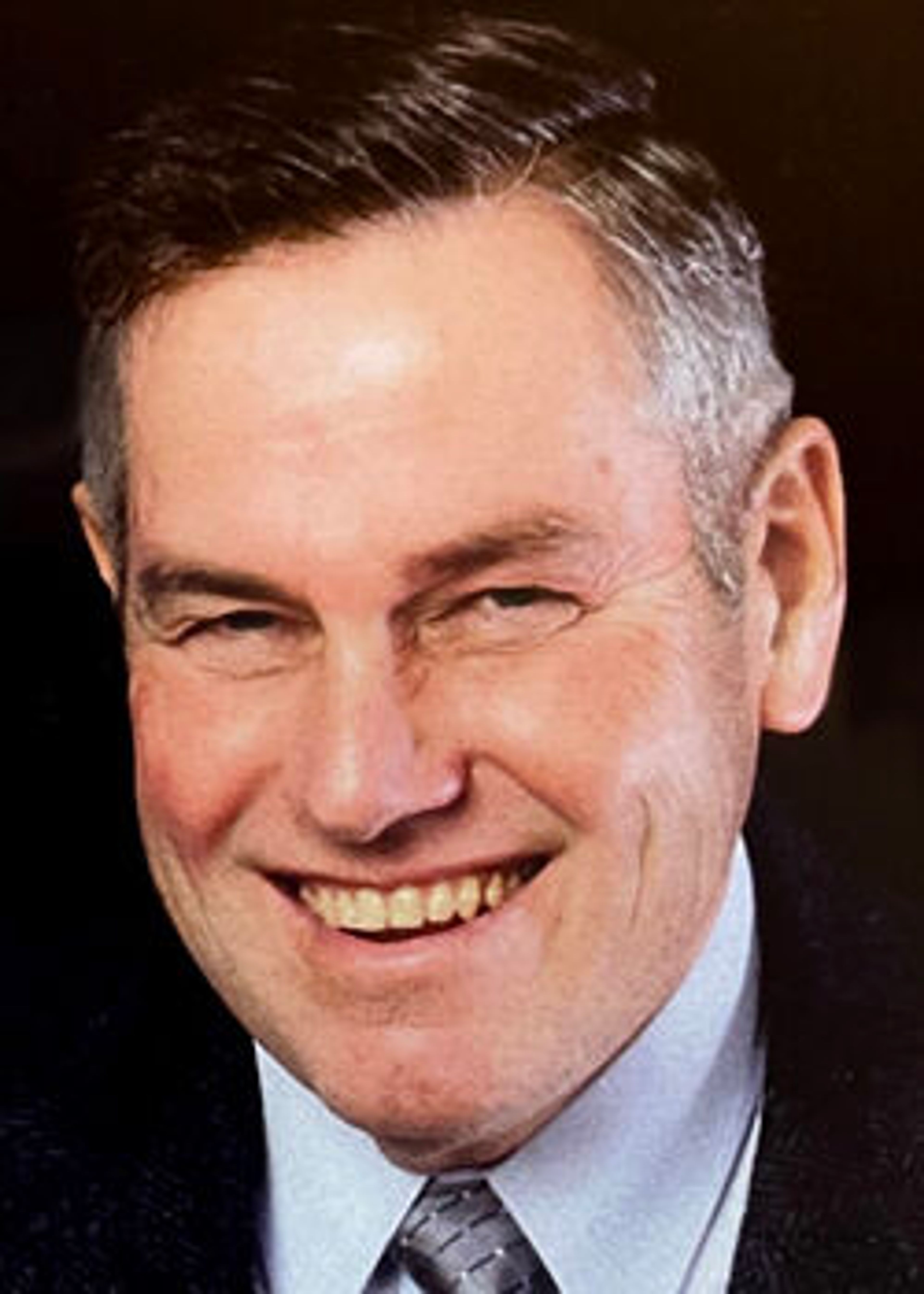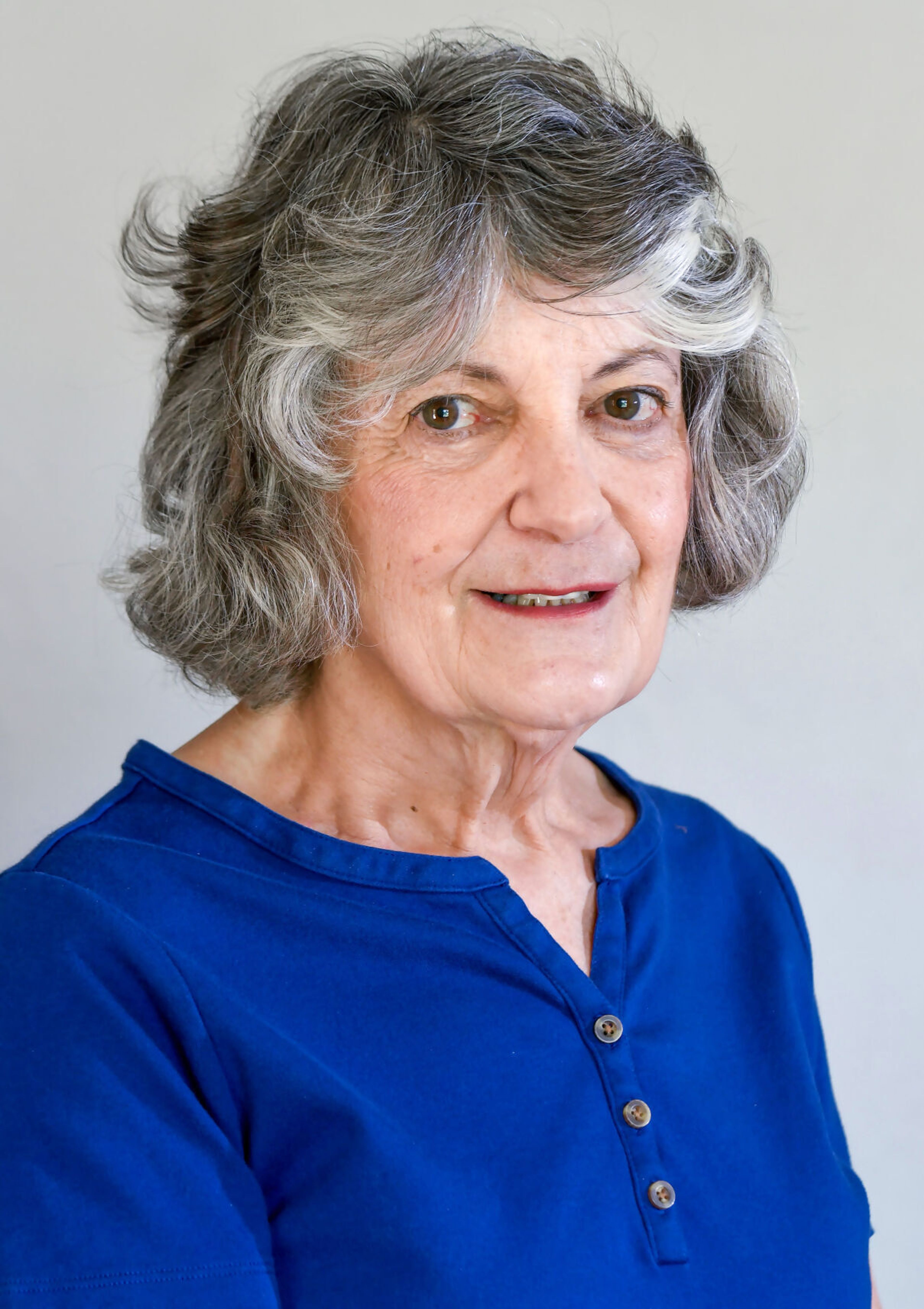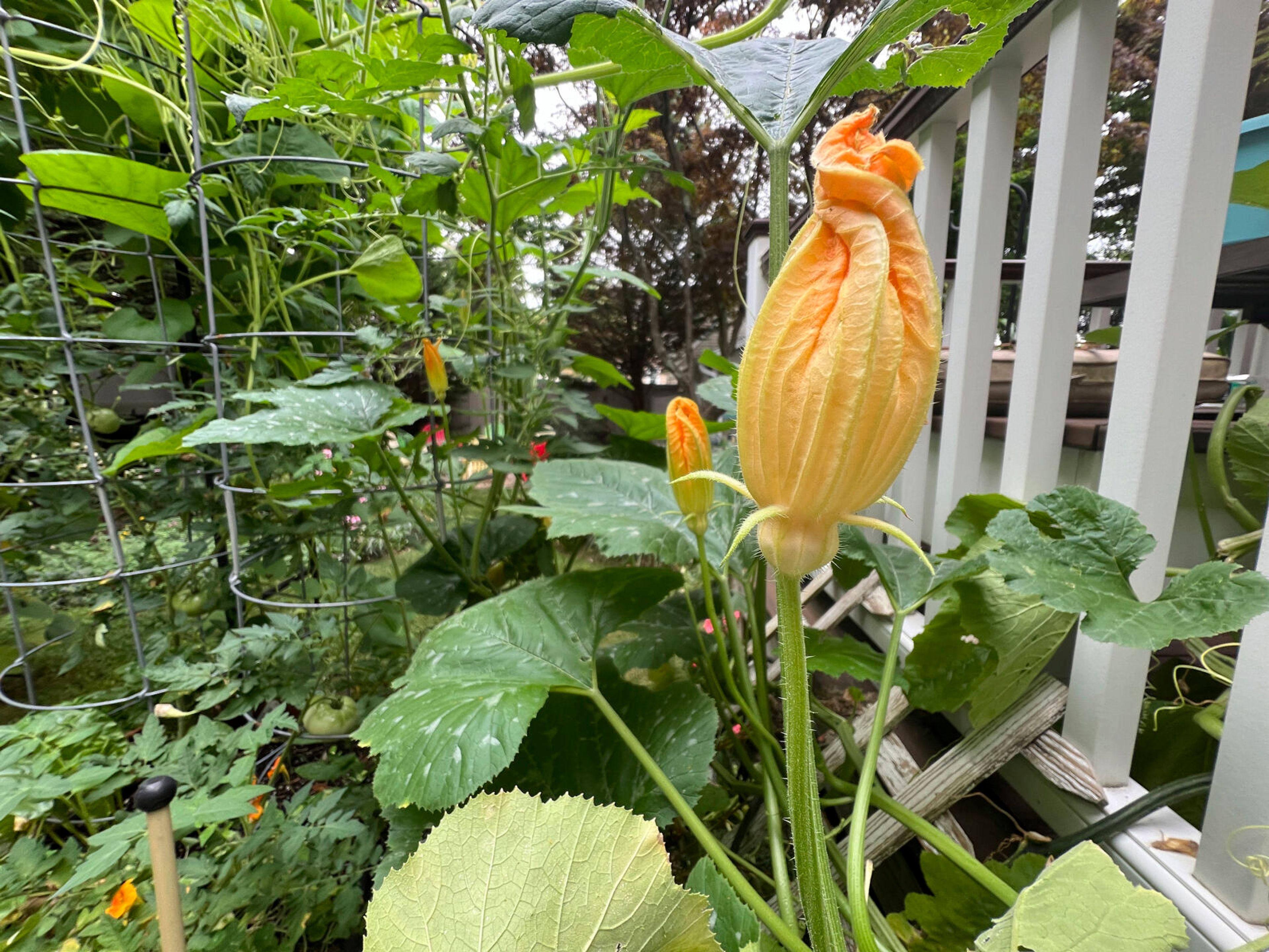Cultivating a garden for all
City, WSU, nonprofit team up to create fully accessible plots at Koppel Farm in Pullman
A team of people has come together to ensure a community garden in Pullman is truly available to the entire community.
By this fall, the Pullman Community Garden at Koppel Farm should have a completed 20-by-25-foot fully accessible garden plot for people who use wheelchairs or walkers.
The board that oversees the community garden came up with the idea, but quickly realized it was going to need a lot of help to pull it off.
“This became a much bigger, more complex project than we envisioned,” said board member Becky Phillips.
So, it teamed up with Washington State University, the city of Pullman and the Disability Action Center Northwest to make this new feature a reality.
The board partnered with the Disability Action Center Northwest in Moscow to apply for grants to help pay for the project. It received grants of $10,000 and $9,000 from the Innovia Foundation and the METER Foundation, respectively.
Timothy Paulitz, who serves on the board, said they are also hoping to receive a grant from the Christopher and Dana Reeve Foundation that will pay for a sidewalk leading from the parking lot to the new garden plot.
Even if there is no sidewalk, Paulitz said wheelchair-accessible vans can drive onto the property and park right next to the garden.
Koppel Farm, established in 1993, is three acres and contains 100 gardening plots that are cared for by community members and local organizations such as the Palouse Conservation District. However, these plots are currently difficult to use for those with disabilities.
Phillips said the fully accessible garden, which is located near the entrance of Koppel Farm, will feature raised table gardens built at different heights and placed on stone pavers. It will also have a fence, drip irrigation and storage for items like fertilizer and specialized hand tools. It will have enough room to accommodate two people in wheelchairs.
The board enlisted the help of Michael Sanchez, a landscape architecture professor at WSU, to design the garden.
His students designed the garden and have worked on placing the pavers and installing the posts for the fence. This fall, they will come back to install the garden tables, Paulitz said.
“We can’t just get volunteers to do this, you’ve got to have somebody that knows what they’re doing and Michael does,” Paulitz said.
Phillips said Pullman Mayor Glenn Johnson and City Administrator Mike Urban also liked the idea and agreed to have the city create a handicap parking space in the parking lot. It also placed a fully accessible portable toilet next to the garden.
The board sent out a survey that showed people are interested in the idea of a fully accessible garden. Disability Action Center Northwest spokeswoman Vicki Leeper said there is no other garden like this in Pullman or Moscow.
“This will be in demand, I suspect,” she said.
Leeper said the public can donate to the project at the Disability Action Center Northwest website.
Paulitz said the large group of people who have contributed to this garden show how much Koppel Farm is valued in the community. Aside from benefiting gardeners, it is also a resource for food banks, benefits local wildlife, is enjoyed by people who walk the nearby trails and is a place where special events are held.
“I think it says that this community garden is a community resource and we’ve always pushed it that way. ... It’s not just a resource for the gardeners that are here, but it’s for the whole community,” he said.
Anthony Kuipers can be reached at akuipers@dnews.com.
